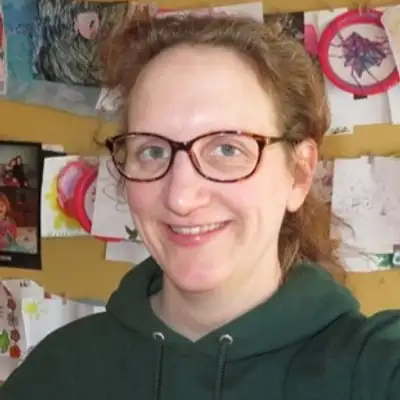23: What Allyship Looks Like in Action
In this episode, Stuart and Carolyn talk with Dr. Catherine Febria and Katrina Keeshig of the Healthy Headwaters Lab at U Windsor about their ecological work in stream headwaters and the value of incorporating indigenous allyship in their science work. Will things get tense when the talk turns to sandwiches? Tune in to find out!
Show links:
- Dr. Catherine Febria’s Healthy Headwaters Lab
- Follow Catherine on Twitter
- Information on Katrina's community, the Neyaashiinigmiing or The Chippewas of Nawash: https://www.nawash.ca/
- Saugeen Ojibway Nation Environment Office
- Great Lakes Institute of Environmental Research
- Paleochannels are remnants “of an inactive river or stream channel that has been filled or buried by younger sediment”
- US Forest Service webpage on Hyporheic Zones
- Council of Three Fires
- Walpole Island First Nation. Note that Katrina emailed to say she slightly misspoke about the location of Walpole Island: it's on the northern tip of Lake St. Clair, not the St. Clair River.
- Bruce Peninsula National Park on Bruce Peninsula, also known as the Saugeen Peninsula.
- Image search for Bruce Peninsula…holy moly
- Short video on the Traditional Ecological Knowledge Field Course
- Native Land
- The Native Land Teacher’s Guide
- Two-Eyed Seeing
- The Great Lakes Phragmites Collaborative
- Plant Joy donuts
- Since our guests didn’t have a Windsor sandwich recommendation, Carolyn heartily recommends the Shawarma Palace.
- Windsor Lancers
- Lancers are apparently a real thing
Credits:
Host & Executive Producer: Stuart Carlton
Cohost: Carolyn Foley
Cohost: Carolyn Foley
Producers: Hope Charters, Carolyn Foley, Megan Gunn, & Irene Miles
Associate Producer: Ethan Chitty
Creators and Guests

Host
Stuart Carlton
Stuart Carlton is the Assistant Director of the Illinois-Indiana Sea Grant College Program. He manages the day-to-day operation of IISG and works with the IISG Director and staff to coordinate all aspects of the program. He is also a Research Assistant Professor and head of the Coastal and Great Lakes Social Science Lab in the Department of Forestry & Natural Resources at Purdue, where he and his students research the relationship between knowledge, values, trust, and behavior in complex or controversial environmental systems.
